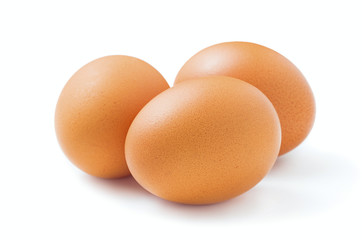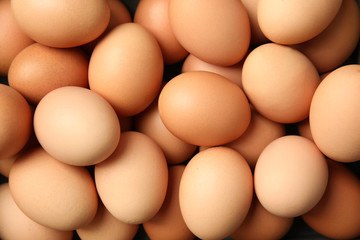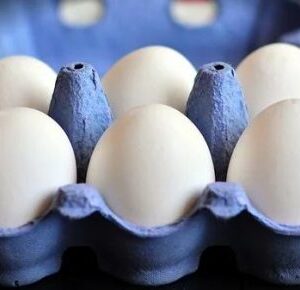Brown eggs are a popular variety of eggs that are distinguished by their brown shells. Here’s a comprehensive overview of brown eggs:
Characteristics:
- Appearance:
- Shell Color: Brown eggs have a brown shell, which is a result of pigments deposited during egg formation. The color can range from light tan to dark brown.
- Inside: The interior of brown eggs is the same as that of white eggs. The yolk and egg white are identical in both varieties.
- Nutritional Value:
- Nutrients: Brown eggs offer the same nutritional profile as white eggs. They are a good source of high-quality protein, vitamins (such as vitamin B12 and vitamin D), and minerals (such as iron and selenium).
- Calories: Both brown and white eggs contain about 70 calories per large egg.
- Flavor and Texture:
- Flavor: There is no significant difference in taste between brown and white eggs. The flavor of eggs is more influenced by the diet of the hen rather than the color of the shell.
- Texture: The texture of the egg white and yolk is consistent across both types.
Factors Influencing Egg Color:
- Breed of Hen:
- The primary factor determining the color of the egg shell is the breed of the hen. Breeds such as the Rhode Island Red and Plymouth Rock lay brown eggs, while breeds like the Leghorn lay white eggs.
- Diet and Environment:
- The diet and environment of the hen can affect the quality and taste of the egg but not its color. Hens that are well-fed and healthy generally produce better eggs.
Nutritional and Health Considerations:
- Protein:
- Eggs are an excellent source of complete protein, providing all essential amino acids required for muscle repair and overall health.
- Vitamins and Minerals:
- Eggs are rich in vitamins such as vitamin B12, vitamin D, and choline, which support brain health and overall well-being. They also contain minerals like iron and zinc.
- Cholesterol:
- Eggs contain cholesterol, but dietary cholesterol has less impact on blood cholesterol levels for most people than previously thought. Moderation is key, especially for individuals with specific health concerns.
Culinary Uses:
- Cooking:
- Brown eggs can be used in all types of cooking and baking just like white eggs. They are suitable for frying, scrambling, boiling, and poaching.
- Baking:
- They can be used in baking recipes such as cakes, cookies, and bread. The color of the egg shell does not affect the outcome of baked goods.
- Egg Dishes:
- Popular egg dishes, including omelets, frittatas, and quiches, can be made using brown eggs.
Storage and Handling:
- Storage:
- Eggs should be stored in the refrigerator to maintain freshness and reduce the risk of bacterial contamination. They should be kept in their original carton to prevent them from absorbing odors and flavors from other foods.
- Shelf Life:
- Fresh eggs can typically be stored in the refrigerator for up to 3-5 weeks. Always check the expiration date on the carton for guidance.
- Handling:
- Practice good hygiene when handling eggs. Wash your hands and any surfaces that come into contact with raw eggs to prevent cross-contamination.
Common Myths:
- Nutritional Differences:
- There is no significant nutritional difference between brown and white eggs. The primary difference is the color of the shell.
- Quality:
- The quality of an egg is not determined by its shell color but by the health and diet of the hen.
Keywords:
- Brown Eggs
- Egg Shell Color
- Nutritional Value
- Egg Nutrition
- Cooking Eggs
- Baking with Eggs
- Healthy Protein Source
- Egg Storage
- Egg Handling
- Hen Breed





Reviews
There are no reviews yet.